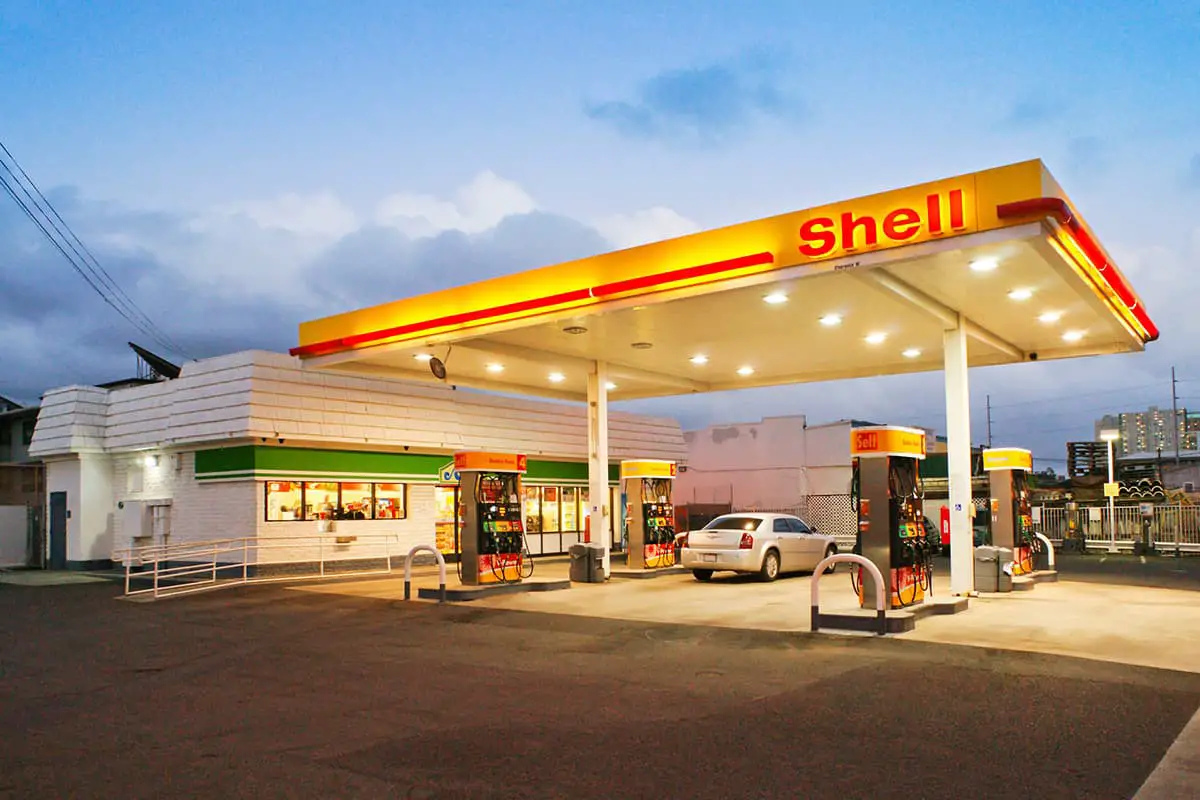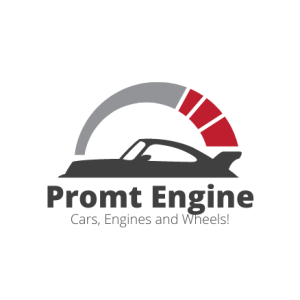Shell Gas, a subsidiary of Royal Dutch Shell, is a global oil and gas industry leader. For over a century, Shell Gas has established itself as a trusted provider of energy solutions, including natural gas, liquefied petroleum gas (LPG), and related products and services.
Shell Gas operates across numerous countries and regions, serving diverse markets with various energy needs. The company’s commitment to innovation, sustainability, and responsible business practices has enabled it to thrive in an ever-evolving industry.
As an environmentally conscious society, we strive to reduce our carbon footprint and minimize our dependency on non-renewable resources. The automobile industry has played a significant role in this pursuit by introducing cleaner-burning fuels, such as gasoline blended with ethanol. So, does Shell Gas have ethanol? The answer is yes – Shell recognizes the importance of reducing harmful emissions and has introduced ethanol-blended fuels in its service stations.

Does Shell Gas Have Ethanol?
Yes, Shell Gas has ethanol, usually at least 10%. Ethanol is commonly used as an additive in gasoline, and the ethanol content in most gasoline blends is within that range. However, Shell E15 Regular 88 exceeds this limit and contains 15% ethanol, providing customers with a higher ethanol content option.
Ethanol is a biofuel derived from plant matter, mainly corn, and is commonly used as an additive in gasoline. The ethanol content in most gasoline blends is typically at least 10%, meeting the Environmental Protection Agency’s (EPA) regulations. In compliance with the EPA’s Renewable Fuel Standard, Shell has been steadily increasing the ethanol content in its gasoline blends. Shell E15 Regular 88 is a fuel containing 15% ethanol, above the minimum the EPA requires. Still, it provides customers seeking a higher ethanol content option with a cleaner-burning fuel alternative.
However, it is essential to note that not all vehicles are designed to use fuel with a high ethanol content. In addition, several automakers have warned that higher ethanol blends could harm the engine performance of their models. Therefore, it is best to consult the owner’s manual or the manufacturer’s website before using a high-ethanol-content fuel.
Shell Gas also offers a range of other biofuels, including Shell ClearFLEX, a blend of up to 85% ethanol and regular gasoline. This fuel is suitable for flex-fuel vehicles that run on various ethanol blends.
Another benefit of using ethanol-blended fuels is that they support America’s agriculture industry. Ethanol is derived from corn, a staple crop for farmers across the country, and using ethanol-blended fuels helps create jobs and stimulates the economy.
Ethanol can damage the engine if you have an old vehicle or motorcycle. In my experience and opinion, you need to be cautious when you use ethanol gasoline and advice from your mechanic.
Shell E15 Regular 88
Shell E15 Regular 88 is an alternative to E10 gasoline, offering a higher ethanol content and octane rating. Here’s everything you need to know about it:
- Ethanol Blend: Shell E15 Regular 88 is a blend of 15% ethanol and 85% gasoline. This differentiates it from the more common E10 gasoline, which contains 10% ethanol. In addition, the higher ethanol content in E15 Regular 88 provides certain advantages.
- Higher Octane Rating: Shell E15 Regular 88’s ethanol content contributes to its higher octane rating of 88. Octane rating measures a fuel’s ability to resist engine knocking. Compared to regular 87-octane E10 fuel, Shell E15 Regular 88 offers a slightly higher octane rating, as measured by the (R+M)/2 method.
- Cleaning Additive: Shell E15 Regular 88, like all Shell gasoline, contains a patented cleaning additive. This additive helps keep your engine clean by removing deposits left by low-quality fuels. Shell E15 Regular 88 contains more than twice the required amount of detergent, exceeding federal standards. It also meets the high standards for gasoline set by Top Tier™, ensuring a higher quality fuel.
- Shell Locations: Shell E15 Regular 88 is available at select Shell locations. The availability of this fuel continues to grow as more locations offer it. In addition, other retailers may also sell E15 labeled Regular 88, Unleaded 88, or Unleaded 15.
- Vehicle Compatibility: Before using Shell E15 Regular 88, it’s essential to consult your vehicle’s owner’s manual or the fuel recommendations provided by the engine or equipment manufacturer. This will ensure that your car is designed to run on E15 gasoline.
- EPA Guidelines: According to the Environmental Protection Agency (EPA), E15 is not approved for use in vehicles manufactured before the year 2000, motorcycles, nonroad vehicles (such as snowmobiles and boats), vehicles with heavy-duty engines (e.g., buses and delivery trucks), or engines in off-road equipment (e.g., lawnmowers and chainsaws). It’s essential to adhere to these guidelines for proper fuel usage.
The use of ethanol in gasoline has both advantages and disadvantages.
Advantages of Ethanol Fuel
- Renewable: Ethanol is produced from crops such as corn and sugarcane, making it a renewable resource. In contrast, gasoline is produced from crude oil, a non-renewable resource.
- Reduces Emissions: When burned, ethanol produces fewer greenhouse gas emissions than gasoline, making it a cleaner burning fuel.
- Economic Benefits: The production and use of ethanol can support local agriculture and economies, particularly in areas where the crops used for ethanol production are grown.
- Octane Enhancer: Ethanol is an effective octane enhancer, which helps prevent engine knocking and improves fuel combustion.
Disadvantages of Ethanol Fuel
- Lower Energy Density: Ethanol has a lower energy density than gasoline. This means a vehicle using ethanol or ethanol-gasoline blends will get fewer miles per gallon than one using pure gasoline.
- Infrastructure: Not all vehicles are designed to run on high concentrations of ethanol, and not all fuel stations offer ethanol blends.
- Food vs. Fuel Debate: Ethanol production, especially from crops like corn, can contribute to the “food versus fuel” debate. This refers to allocating crops for fuel production, potentially increasing food prices or contributing to food scarcity in some areas.
- Potential Engine Damage: Although many modern engines are designed to handle ethanol, ethanol’s corrosive properties can sometimes damage older engines.
Conclusion
Shell is committed to reducing harmful emissions and has introduced various ethanol blends suitable for various vehicles. Using such blends can support the agriculture industry, reduce carbon emissions, and extend the life of our planet. However, remember to check your vehicle’s compatibility with a specific fuel blend before purchasing and using it.
